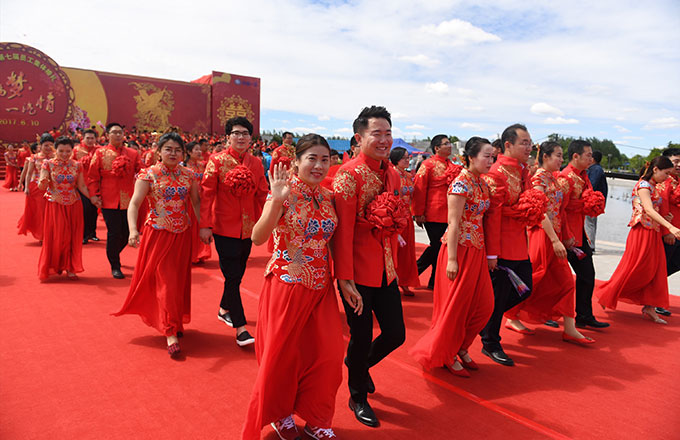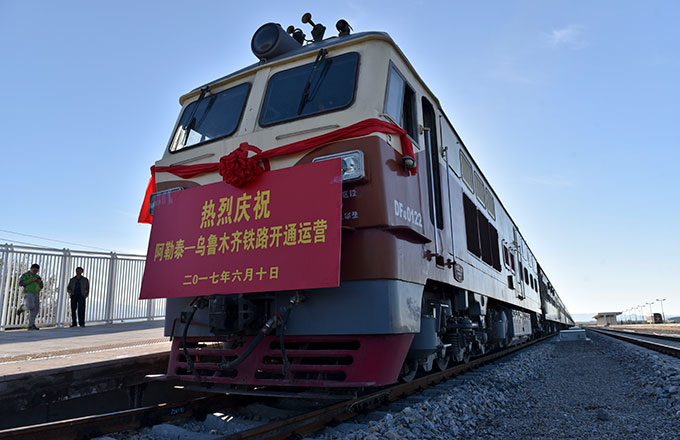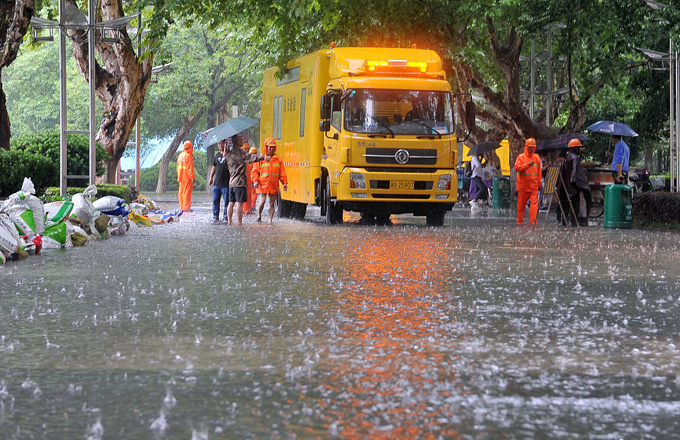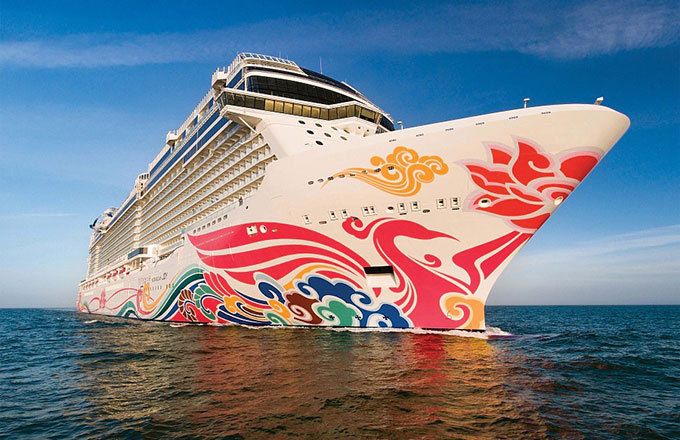Speech at an enlarged meeting of the Military Commission of the Central Committee of the Communist Party of China
June 4, 1985
At this important meeting I should like to say a few words first about troop reduction. We are determined to reduce the People's Liberation Army by one million men. This bears witness to the strength and confidence of the Chinese Communist Party, the Chinese government and the Chinese people. It shows that the People's Republic of China, with a population of one billion, is willing to take concrete actions to help maintain world peace. In fact, reducing the army by one million men will not weaken but enhance its combat effectiveness. Even if the world situation deteriorates, this reduction will still have been necessary -- indeed, all the more necessary. As we said before, if we don't cut back the overstaffed army units, in wartime it will be difficult for us to disperse them, let alone to command the troops. But if we do cut back, it will be hard to find jobs for several hundred thousand demobilized army cadres. At the group discussion Comrade Yang Shangkun raised this problem, and we have to find a solution to it. This meeting has been going on successfully, and we have reached a consensus. I think there are no differing opinions on this subject. That shows that our comrades from the army approach problems by taking into consideration the overall interest and the situation both at home and abroad.
Today I should like to speak mainly about the international situation, China's international status and our foreign policy. This has something to do with our meeting. Since the defeat of the Gang of Four, and particularly since the Third Plenary Session of the Party's Eleventh Central Committee, we have made two important changes in our assessment of the international situation and in our foreign policy.
The first change is in our understanding of the question of war and peace. We used to believe that war was inevitable and imminent. Many of our policy decisions were based on this belief, including the decision to disperse production projects in three lines, locating some of them in the mountains and concealing others in caves. In recent years, after careful analysis of the situation, we have come to believe that only the two superpowers, the Soviet Union and the United States, are in a position to launch world war. But neither dares do so yet. First, these two countries have atomic bombs and many conventional weapons and the military strength to destroy each other. They cannot exterminate mankind, but I am afraid they can cause untold destruction. So neither one dares be the first to launch a war. Second, these two countries are striving for global strategic deployment but have suffered setbacks and met with failures, so neither dares to start a war. At the same time, they are engaging in an arms race, so there is still a danger of world war.
However, the world forces for peace are growing faster than the forces for war. The forces for peace are, first of all, the Third World, to which China belongs. The people of the Third World, which account for three fourths of the world population, do not want war. The forces for peace also include developed countries other than the United States and the Soviet Union. If a world war breaks out, they will not let themselves be dragged into it. In fact, the American and Soviet peoples themselves do not support war. The world is vast and complex, but if you analyse the situation you will find there are only a few people who support war; most people want peace.
We should also recognize that the new revolution in science and technology all over the world is developing vigorously and that economic strength, science and technology play an outstanding role in worldwide competition. Neither the United States and the Soviet Union, nor the other developed countries, nor the developing countries can afford to ignore this. Thus we can conclude that it is possible that there will be no large-scale war for a fairly long time to come and that there is hope of maintaining world peace. In short, after analysing the general trends in the world and the environment around us, we have changed our view that the danger of war is imminent.
The second change is in our foreign policy. In view of the threat of Soviet hegemonism, over the years we formed a strategic line of defence -- a line stretching from Japan to Europe to the United States. Now we have altered our strategy, and this represents a major change. People around the world are talking about the big triangle composed of the Soviet Union, the United States and China. We don't put it that way, because we have a sober estimate of our own strength, but we do believe that China has considerable influence in international affairs. We pursue a correct, independent diplomatic line and foreign policy, opposing hegemonism and safeguarding world peace. We side firmly with the forces that stand for peace and oppose those that stand for hegemonism and war. So China's development represents the development of the forces for peace and against war. It is important for us to be seen as part of those forces, and indeed, that is the role we want to play. In accordance with our independent foreign policy of peace, we have improved our relations with the United States and with the Soviet Union. China will not play the card of another country and will not allow another country to play the China card, and we mean what we say. This will enhance China's international status and enable us to have more influence in international affairs.
In short, we have made two major changes: in our assessment of the international situation and in our foreign policy. Now we can see that we were correct to make these changes and that they are beneficial to us. So long as we persist in the new assessment and the new policy, we can concentrate without fear on the drive for modernization. We shall continue to rely on ourselves, but we shall also follow the policy of opening up and taking advantage of the peaceful international environment to absorb as many useful things as possible from other countries. That will help accelerate our development.
Finally, I want to add one more point. We are all concerned about building the army and modernizing its equipment, and this also has an important bearing on the overall situation. The four modernizations include the modernization of defence. Without that modernization there would be only three [agriculture, industry, and science and technology]. But the four modernizations should be achieved in order of priority. Only when we have a good economic foundation will it be possible for us to modernize the army's equipment. So we must wait patiently for a few years. I am certain that by the end of the century we can surpass the goal of quadrupling the GNP. At that time, when we are strong economically, we shall be able to spend more money on updating equipment. We can also buy some from abroad, but we should rely on ourselves to conduct research and design superior planes for the air force and equipment for the navy and army. If the economy develops, we can accomplish anything. What we have to do now is to put all our efforts into developing the economy. That is the most important thing, and everything else must be subordinated to it.
(From Selected Works of Deng Xiaoping, Volume III <1982-1992>)
- China issues guidelines to develop 'all-for-one' tourism demonstration zones
- Torrential rain triggers disaster in Southwest China
- Harvest time for wheat reapers in Shanxi
- Over 200 couples marry in Changchun group wedding
- Calligraphy tops other icons of Chinese culture, WeChat data shows



















